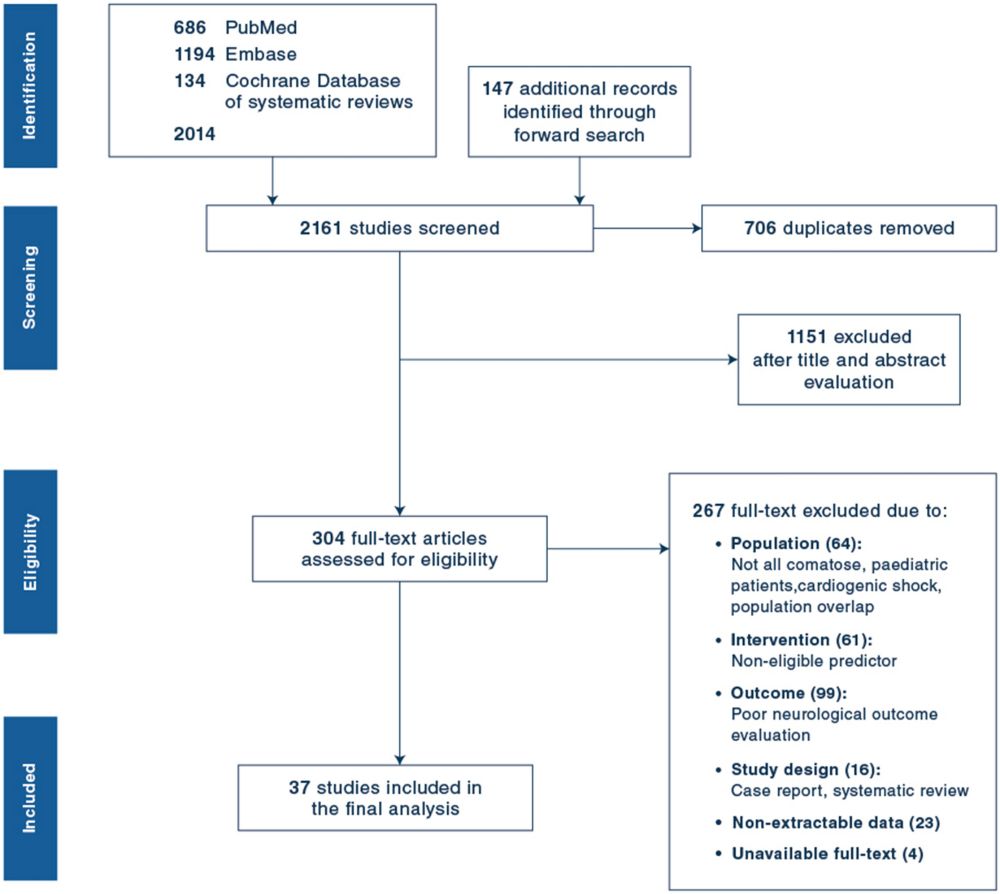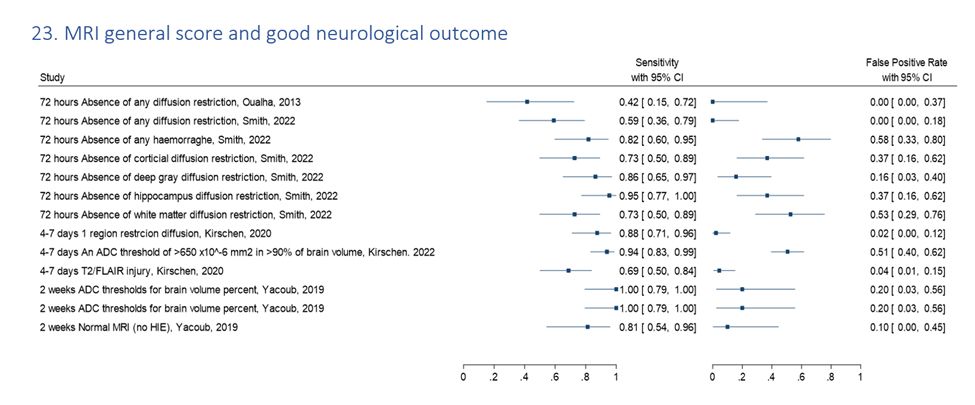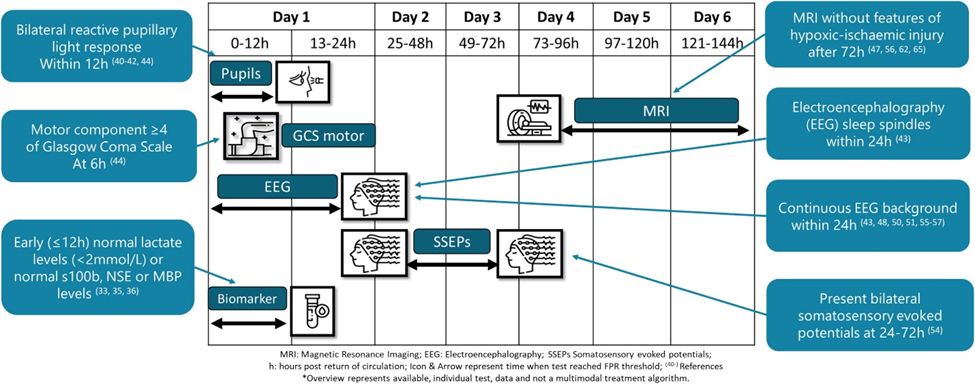..and finally, so the 'big children' clinicians don't feel they are missing out - the adult good outcome prediction review, which inspired our work by Claudio Sandroni & team, can be found here : link.springer.com/article/10.1... /8 end

..and finally, so the 'big children' clinicians don't feel they are missing out - the adult good outcome prediction review, which inspired our work by Claudio Sandroni & team, can be found here : link.springer.com/article/10.1... /8 end

resuscitationjournal.com/article/S030...
/6
resuscitationjournal.com/article/S030...
/6






